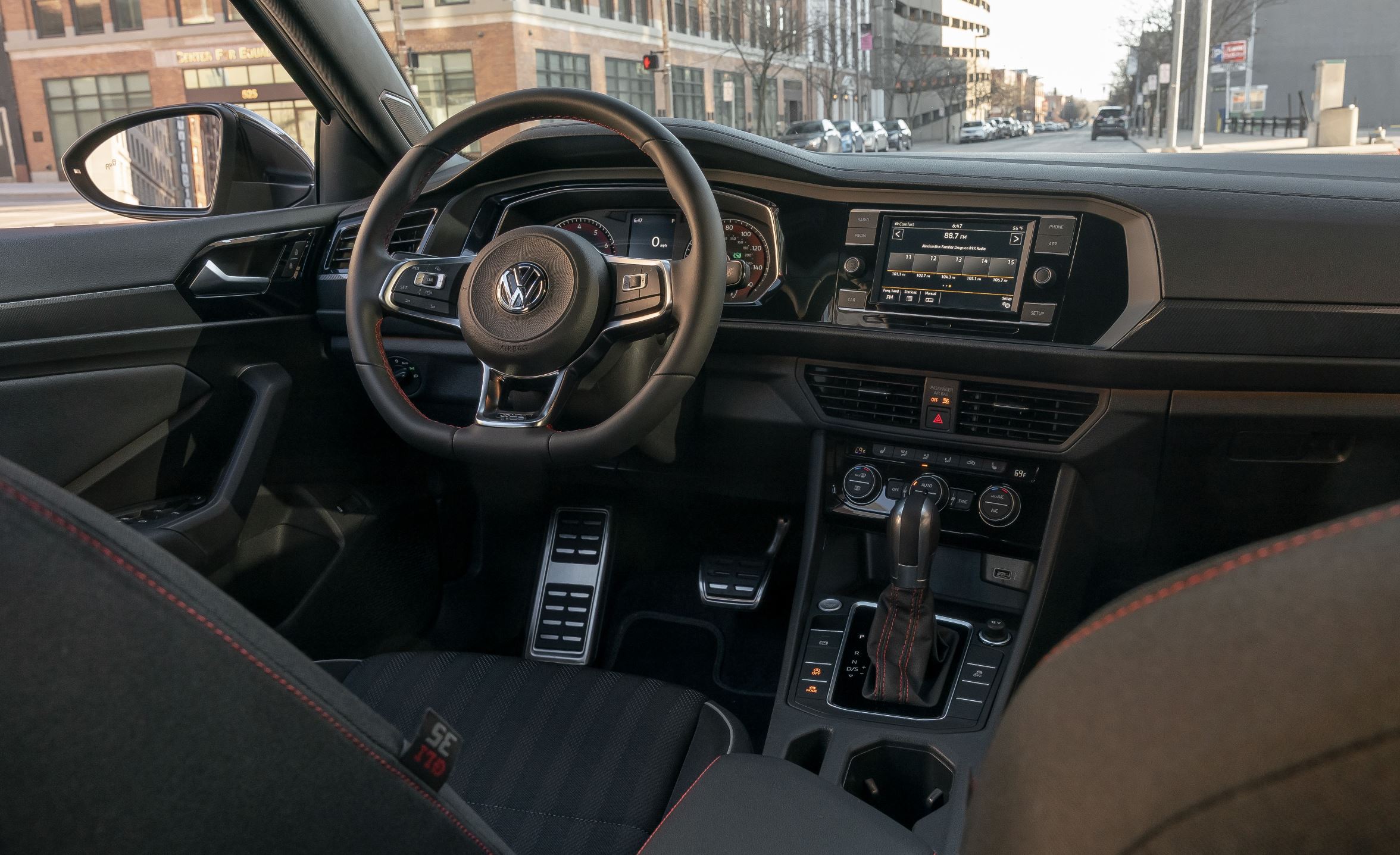The National Highway Traffic Safety Administration has recently issued recall number 24V-110 for a total of 261,257 vehicles manufactured by Volkswagen and Audi, both of which fall under the front-wheel-drive compact category based on the MQB platform.
The issue at hand pertains to potential suction jet pump failure, with the specific part number identified by VW being 5Q0-201-029. The problem stems from a faulty suction pump seal, which could lead to gasoline entering the EVAP system and potentially leaking from the charcoal canister, increasing the risk of fire.
Gentherm of Northville, Michigan, is the manufacturer of the pump in question, known for introducing the industry’s first thermoelectrically heated and cooled seats.

Vehicles equipped with version 1.0 or version 1.1 of the suction pump were assembled between January 27, 2014, and November 15, 2019. Affected models include Audi’s A3 sedan, A3 cabriolet, Volkswagen’s Jetta GLI, the Golf GTI, the Golf five-door hatchback, and the Golf Sportwagen.
The solution to this issue involves replacing the problematic suction pump with an improved version, namely version 2.0, which Volkswagen introduced in series production between September 2019 and December 2019.
Affected owners will be notified by Volkswagen Group of America via first-class mail no later than April 12, 2024. While the North American division estimates that less than 1% of vehicles have the faulty seal, precautionary measures will be taken for all vehicles involved.
Distinct recall numbers have been assigned to Volkswagen and Audi for this matter: 20UF for Volkswagen and 20YF for Audi. Vehicle owners can easily ascertain whether their vehicles are affected by checking the 17-character VIN on the federal agency’s website.
Regrettably, dwindling demand has forced the discontinuation of two of the above nameplates in the US market: the Golf hatchback and its wagon-bodied counterpart. Only the Golf GTI and the more aggressive Golf R are offered at this time; the latter comes with 4MOTION all-wheel drive as standard.
Due to the MQB’s front-biased platform with transversely mounted powerplants, certain Volkswagen Group vehicles come equipped with a Haldex coupling for their AWD system.
Longitudinally mounted engines level up to a Torsen diff, while the R8 initially came with a purely mechanical fluid coupling, transitioning to an electrohydraulic-type coupling for the second generation.
In the realm of MQB-based vehicles, Volkswagen and Audi offer a more dynamic alternative to the Haldex system. The Golf R and RS 3 boast a twin-clutch rear axle known as R-Performance Torque Vectoring or RS Torque Splitter.
In its max oversteer mode, this system can distribute up to 1,750 Nm (almost 1,300 pound-feet) to a single rear wheel, providing an exhilarating driving experience.

